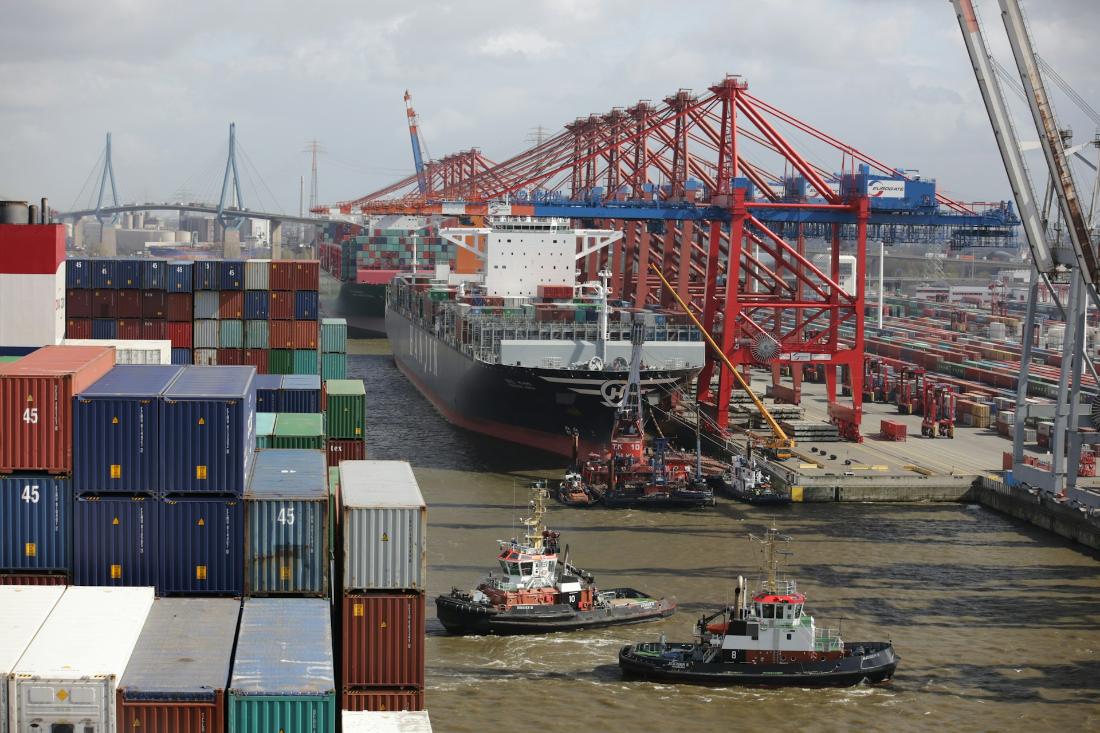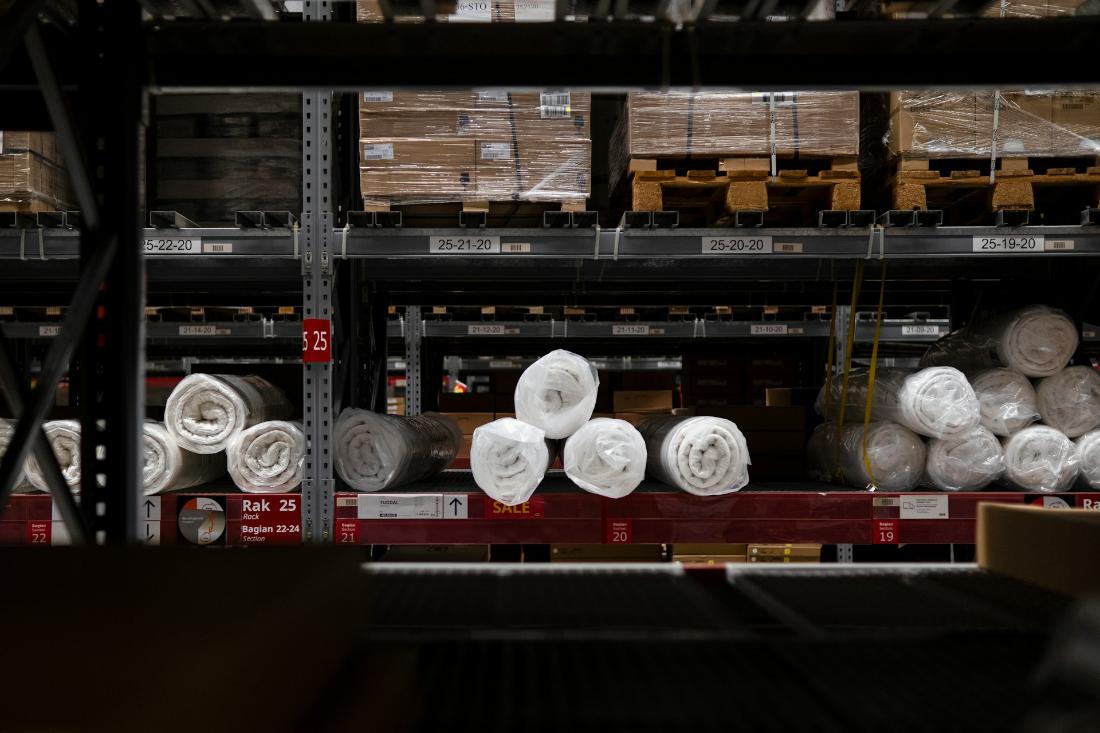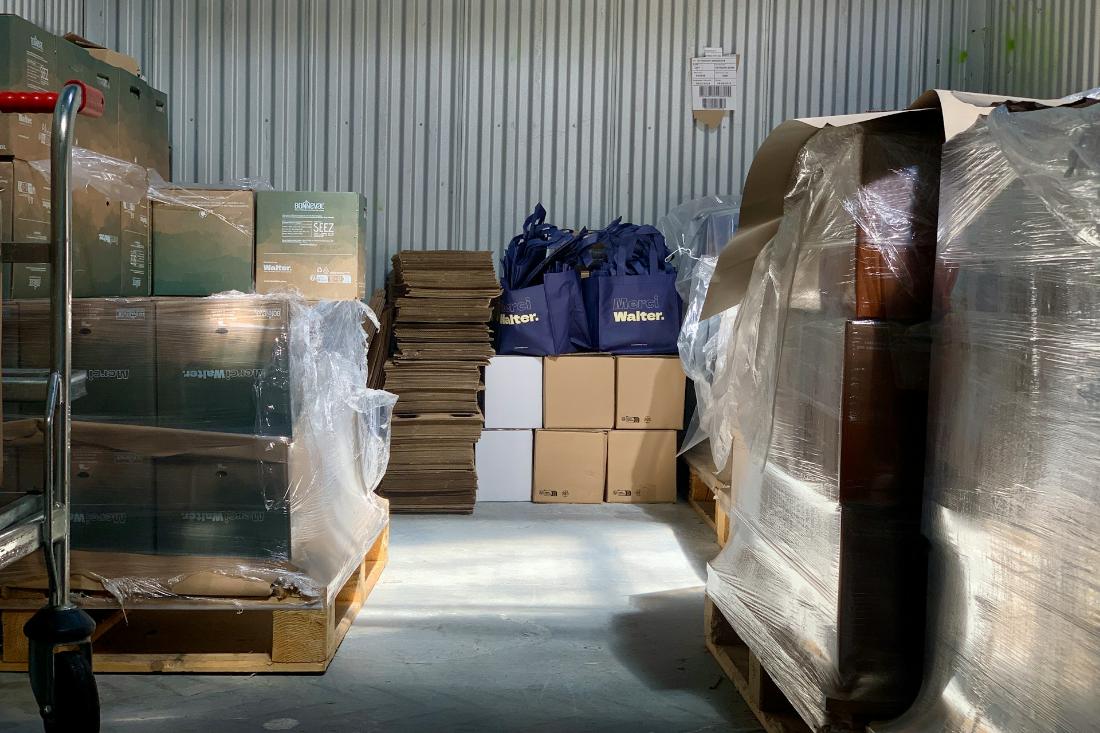Material
Supply Chain Management in Malaysia
Dec 19 2024
Introduction
In today's interconnected world, supply chain management (SCM) is the lifeblood of businesses, ensuring the seamless flow of goods and services from origin to destination. Malaysia, strategically located in Southeast Asia, plays a pivotal role in global supply chains, serving as a manufacturing hub and a gateway to regional markets. This article delves into the intricacies of the Malaysian SCM system, highlighting its key aspects, challenges, and the crucial role of human capital in its success.
The Malaysian Landscape: A Hub of Activity
Malaysia's strategic geographic location, coupled with a well-developed infrastructure, has positioned it as a key player in international trade. The country boasts modern ports, efficient transportation networks, and a skilled workforce, making it an attractive destination for multinational corporations. The government has actively supported the development of a robust SCM ecosystem through initiatives like the National Logistics Blueprint and the National Trade Blueprint, aiming to enhance efficiency, reduce costs, and foster sustainable practices.
Challenges on the Horizon
While Malaysia enjoys a competitive advantage in SCM, several challenges persist:
Global Competition: The increasing globalization of markets has intensified competition. Malaysian businesses must continuously adapt and innovate to remain competitive in the face of global players.
Supply Chain Disruptions: Unforeseen events such as natural disasters, geopolitical instability, and pandemics can severely disrupt supply chains, leading to delays, shortages, and increased costs.
Sustainability Concerns: Growing environmental awareness has put pressure on businesses to adopt sustainable practices throughout their supply chains, reducing their carbon footprint and minimizing environmental impact.
Digital Transformation: The rapid pace of technological advancement necessitates the adoption of digital technologies to enhance efficiency, visibility, and responsiveness in supply chains.
In today's interconnected world, supply chain management (SCM) is the lifeblood of businesses, ensuring the seamless flow of goods and services from origin to destination. Malaysia, strategically located in Southeast Asia, plays a pivotal role in global supply chains, serving as a manufacturing hub and a gateway to regional markets. This article delves into the intricacies of the Malaysian SCM system, highlighting its key aspects, challenges, and the crucial role of human capital in its success.
The Malaysian Landscape: A Hub of Activity
Malaysia's strategic geographic location, coupled with a well-developed infrastructure, has positioned it as a key player in international trade. The country boasts modern ports, efficient transportation networks, and a skilled workforce, making it an attractive destination for multinational corporations. The government has actively supported the development of a robust SCM ecosystem through initiatives like the National Logistics Blueprint and the National Trade Blueprint, aiming to enhance efficiency, reduce costs, and foster sustainable practices.
Challenges on the Horizon
While Malaysia enjoys a competitive advantage in SCM, several challenges persist:
Global Competition: The increasing globalization of markets has intensified competition. Malaysian businesses must continuously adapt and innovate to remain competitive in the face of global players.
Supply Chain Disruptions: Unforeseen events such as natural disasters, geopolitical instability, and pandemics can severely disrupt supply chains, leading to delays, shortages, and increased costs.
Sustainability Concerns: Growing environmental awareness has put pressure on businesses to adopt sustainable practices throughout their supply chains, reducing their carbon footprint and minimizing environmental impact.
Digital Transformation: The rapid pace of technological advancement necessitates the adoption of digital technologies to enhance efficiency, visibility, and responsiveness in supply chains.
Humanizing the Supply Chain: People Power
While technology plays a crucial role in modern SCM, it is essential to remember that humans are at the heart of every supply chain. Recognizing and valuing the human element is crucial for building a resilient and sustainable SCM system.
Employee Empowerment: Empowering employees at all levels of the supply chain is vital. This involves providing them with the necessary training, resources, and autonomy to make informed decisions and effectively address challenges.
Focus on Well-being: Prioritizing employee well-being, including physical and mental health, is crucial for a productive and innovative workforce.
Ethical Sourcing: Ensuring ethical and fair labor practices throughout the supply chain is not only morally right but also essential for maintaining a positive brand image and building trust with consumers.
Collaboration and Partnership: Fostering strong relationships with suppliers, customers, and other stakeholders is crucial for building a resilient and collaborative supply chain. Open communication, trust, and mutual respect are essential for navigating challenges and achieving shared goals.
The Role of Technology
Technology can significantly enhance the efficiency and effectiveness of SCM in Malaysia.
Artificial Intelligence (AI) and Machine Learning (ML): AI and ML can be used to predict demand, optimize inventory levels, and identify potential disruptions in the supply chain.
Blockchain Technology: Blockchain can enhance transparency and traceability within the supply chain, ensuring the authenticity and quality of products.
Internet of Things (IoT): IoT devices can be used to track the movement of goods in real-time, providing valuable insights into the performance of the supply chain.
Cloud Computing: Cloud computing enables businesses to access and share data seamlessly, facilitating collaboration and improving decision-making.
While technology plays a crucial role in modern SCM, it is essential to remember that humans are at the heart of every supply chain. Recognizing and valuing the human element is crucial for building a resilient and sustainable SCM system.
Employee Empowerment: Empowering employees at all levels of the supply chain is vital. This involves providing them with the necessary training, resources, and autonomy to make informed decisions and effectively address challenges.
Focus on Well-being: Prioritizing employee well-being, including physical and mental health, is crucial for a productive and innovative workforce.
Ethical Sourcing: Ensuring ethical and fair labor practices throughout the supply chain is not only morally right but also essential for maintaining a positive brand image and building trust with consumers.
Collaboration and Partnership: Fostering strong relationships with suppliers, customers, and other stakeholders is crucial for building a resilient and collaborative supply chain. Open communication, trust, and mutual respect are essential for navigating challenges and achieving shared goals.
The Role of Technology
Technology can significantly enhance the efficiency and effectiveness of SCM in Malaysia.
Artificial Intelligence (AI) and Machine Learning (ML): AI and ML can be used to predict demand, optimize inventory levels, and identify potential disruptions in the supply chain.
Blockchain Technology: Blockchain can enhance transparency and traceability within the supply chain, ensuring the authenticity and quality of products.
Internet of Things (IoT): IoT devices can be used to track the movement of goods in real-time, providing valuable insights into the performance of the supply chain.
Cloud Computing: Cloud computing enables businesses to access and share data seamlessly, facilitating collaboration and improving decision-making.
Government Initiatives
The Malaysian government plays a critical role in supporting the development of a robust SCM system.
Policy Framework: The government needs to create a conducive policy environment that encourages innovation, investment, and sustainable practices in the SCM sector.
Infrastructure Development: Investing in modern infrastructure, such as ports, airports, and highways, is crucial for improving the efficiency and connectivity of the supply chain.
Skills Development: The government should invest in programs to develop the skills of the Malaysian workforce in areas such as logistics, technology, and supply chain management.
Promoting Collaboration: The government should facilitate collaboration between industry players, academia, and research institutions to drive innovation and address common challenges.
Conclusion
The future of SCM in Malaysia lies in building a human-centric and technology-driven system. By embracing innovation, prioritizing sustainability, and fostering collaboration, Malaysia can strengthen its position in global supply chains, create new economic opportunities, and improve the overall well-being of its citizens.
The Malaysian government plays a critical role in supporting the development of a robust SCM system.
Policy Framework: The government needs to create a conducive policy environment that encourages innovation, investment, and sustainable practices in the SCM sector.
Infrastructure Development: Investing in modern infrastructure, such as ports, airports, and highways, is crucial for improving the efficiency and connectivity of the supply chain.
Skills Development: The government should invest in programs to develop the skills of the Malaysian workforce in areas such as logistics, technology, and supply chain management.
Promoting Collaboration: The government should facilitate collaboration between industry players, academia, and research institutions to drive innovation and address common challenges.
Conclusion
The future of SCM in Malaysia lies in building a human-centric and technology-driven system. By embracing innovation, prioritizing sustainability, and fostering collaboration, Malaysia can strengthen its position in global supply chains, create new economic opportunities, and improve the overall well-being of its citizens.


